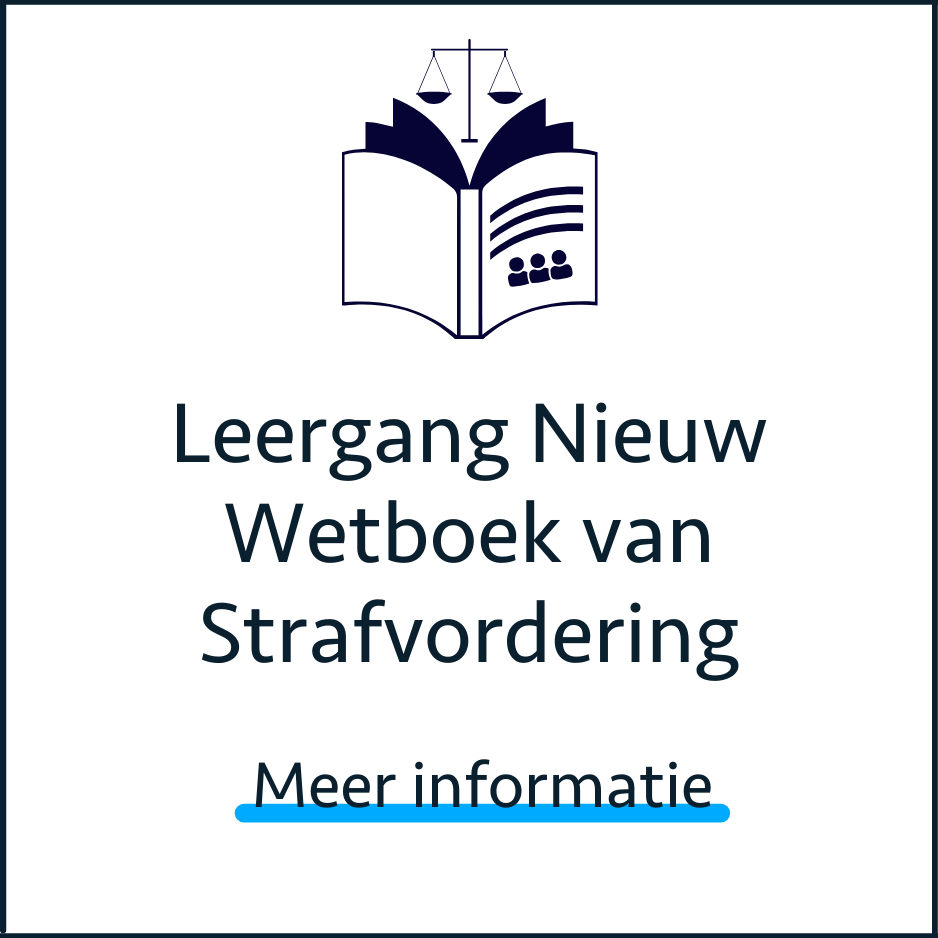Study of the regulatory burden of due diligence on Responsible Business Conduct (RBC) and the Dutch Child Labour (Duty of Care) Act
/The Netherlands endorses the UN Guiding Principles on Business and Human Rights and the OECD Guidelines for Multinational Enterprises. This includes voluntary international standards in the field of responsible business conduct. These provide voluntary principles and standards for responsible business conduct in areas such as employment and industrial relations, human rights, environment, information disclosure, combating bribery, consumer interests, science and technology, competition, and taxation. The Dutch government expects businesses to implement the OECD guidelines in their supply chains by identifying, preventing and mitigating risks to society and the environment.
Despite the efforts of many businesses, evaluations show that only 35% of the approximately 700 largest businesses in the Netherlands explicitly use the OECD Guidelines and the UN Guiding Principles as a frame of reference. Therefore, the Dutch government has decided that, to achieve effective behavioural change among businesses, a mix of mandatory and voluntary measures is necessary. The mandatory measure considered most effective is a broad due diligence obligation, preferably at a European level. A broad European due diligence obligation is preferred over the (Dutch) Child Labour (Duty of Care) Act. However, if an effective and workable proposal will not come about, the necessary building blocks will be at hand to introduce binding measures at national level.
The purpose of this report is to identify what businesses must do to comply with (a farreaching interpretation of) the proposed broad due diligence obligation, the Child Labour (Duty of Care) Act and a general Duty of Care. The impact of regulations on businesses can then be calculated using a methodology that is laid down in the “Handbook Measuring Regulatory Burden” (2018) of the Dutch Ministry of Economic Affairs and Climate Policy. At its core, this model-based approach uses the so-called Standard Cost Model (SCM). As this is an exploratory study the quantification of the regulatory burden (in euros and FTE) is an initial estimate, based on interviews, rounded, and calculating all due diligence steps which have been interpreted as broadly as possible.











